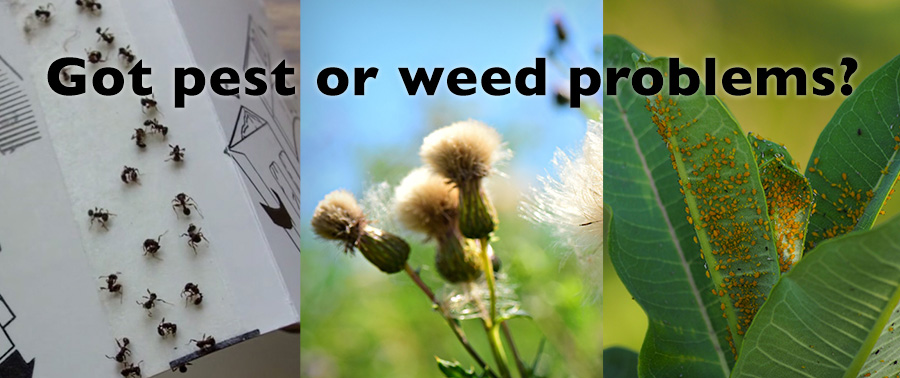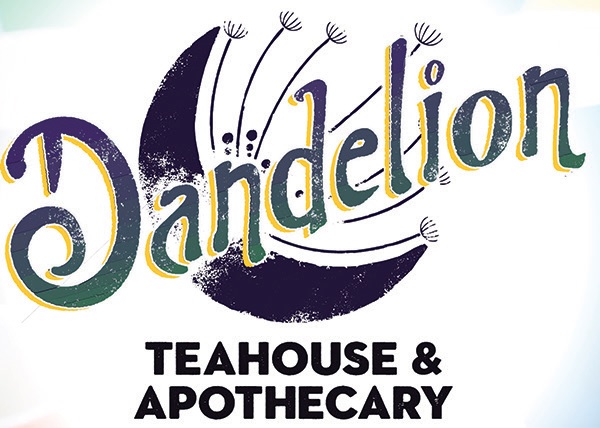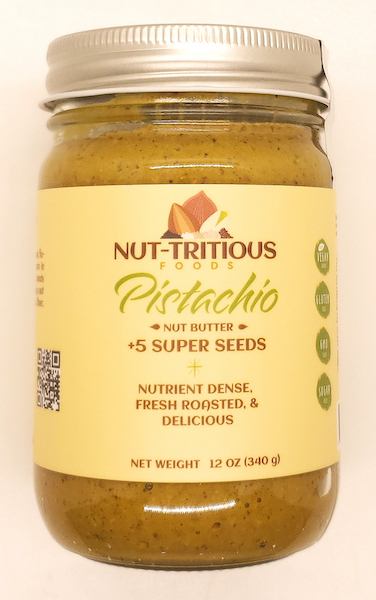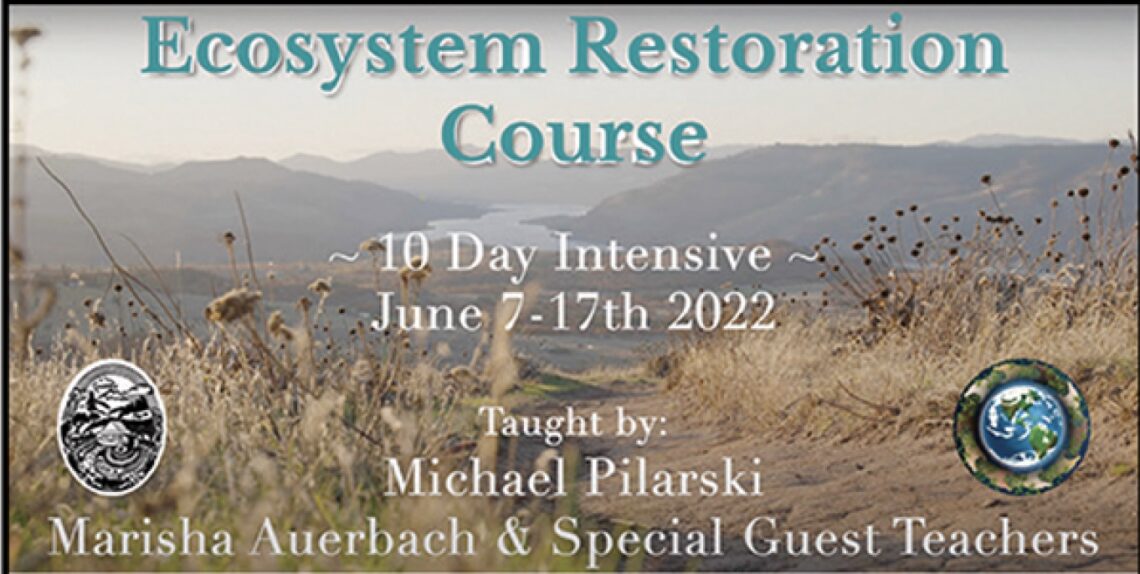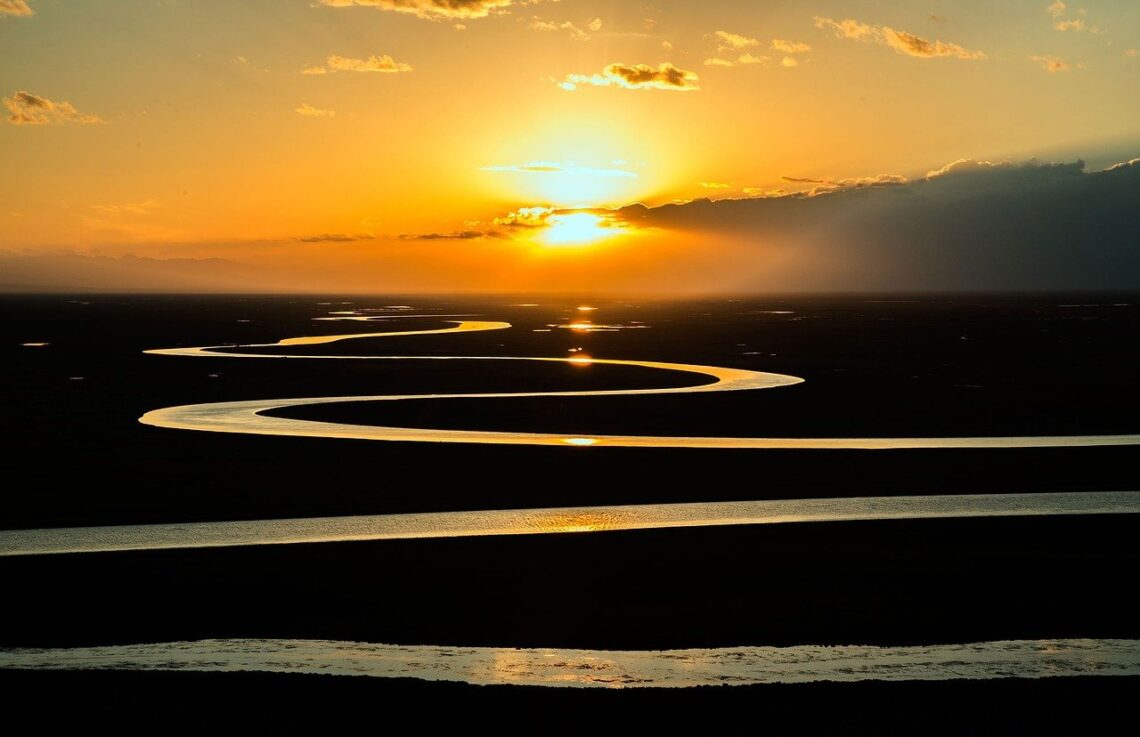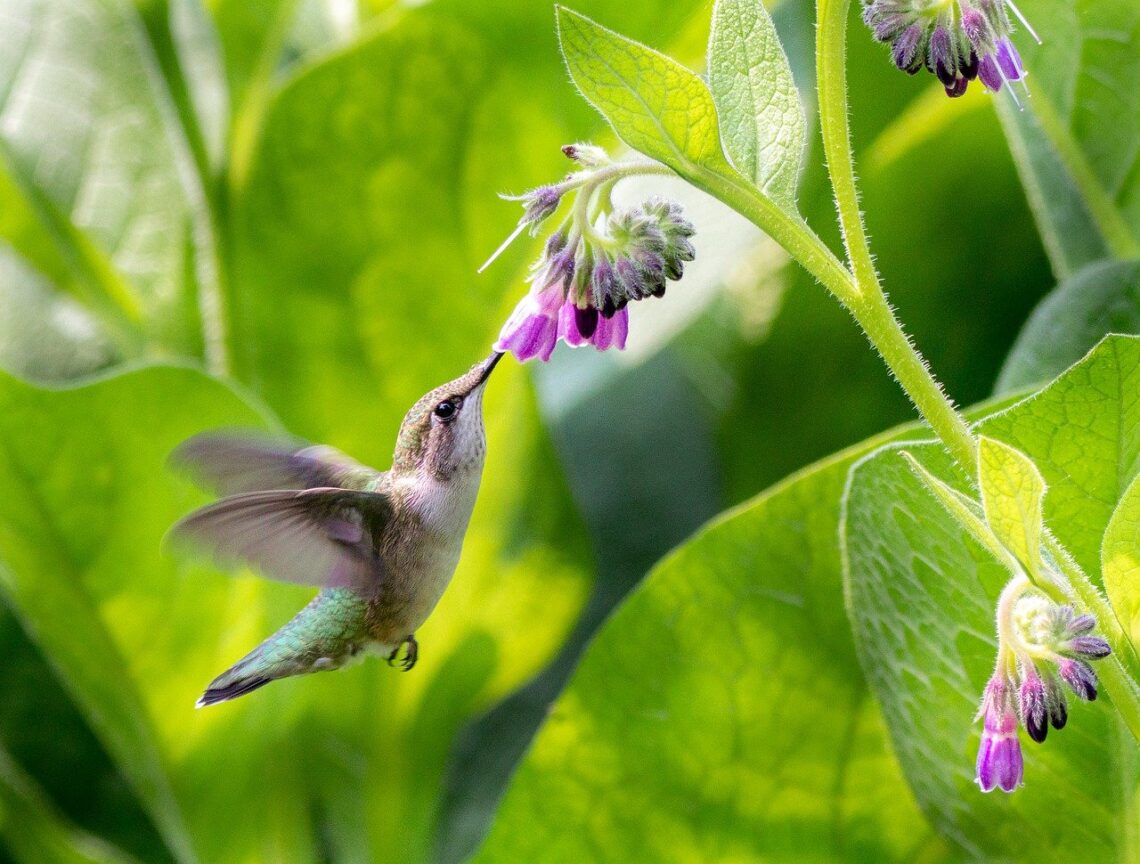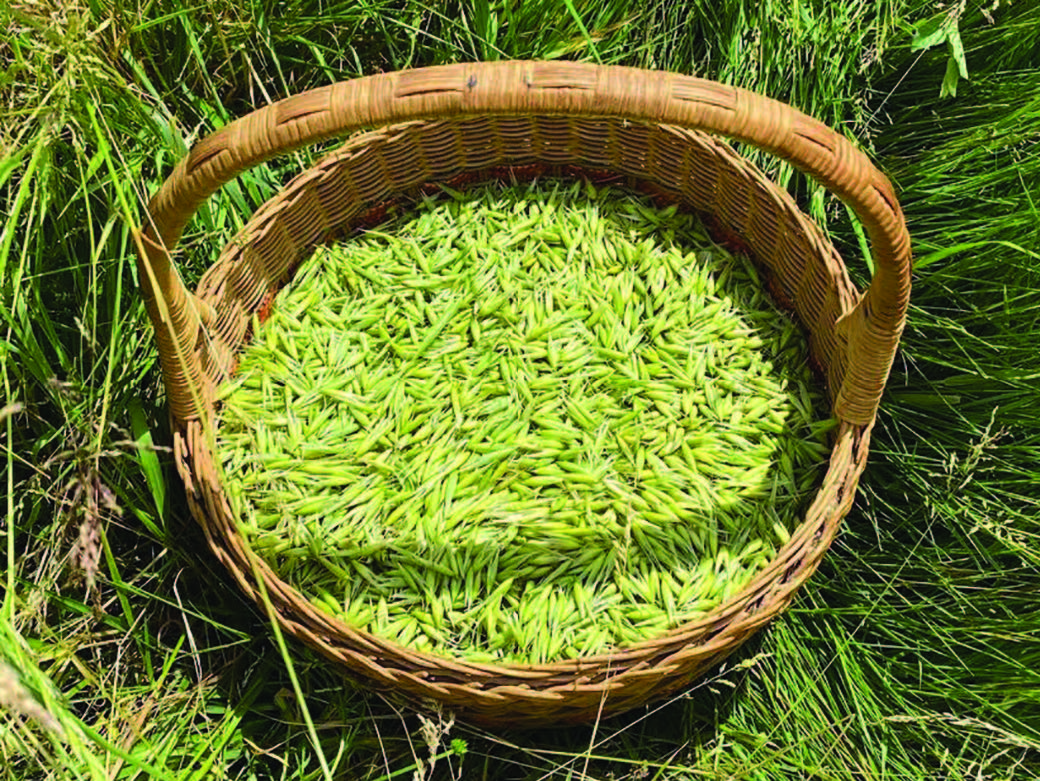Northwest Center for Alternatives to Pesticides (NCAP) recently released a new consultation service to help community members manage weeds and pests without pesticides. Schedule a one-on-one meeting with their staff to learn how to deal with gardening pests without relying on chemicals that can harm people and the environment. Many common pesticide products impact beneficial bug species and contribute to water pollution. NCAP can help you find safe solutions. This service is offered at a sliding scale, and no one will be turned away for lack of funds. For more info: www.pesticide.org/consultation
-
-
Vancouver’s First Pride Block Party
June 11th, 1 pm to 7 pm Downtown Vancouver from Main to Washington Dandelion Teahouse & Apothecary is thrilled to be partnering with Summer of Pride Clark County to bring you Vancouver’s first Pride block party! This free, all-ages event will span 7th street downtown Vancouver, from Main to Washington on June 11th, 1 pm to 7 pm. We’ll be featuring live local music, performances by the local drag community, activities for all ages, a “Wear Your Pride” community fashion show (with voting and prizes!), local organizations and vendors, and more! Dandelion also hosts various monthly events, including craft workshops, open mics, yoga on Wednesday evenings, Tea Tasting Parties on…
-
Nut-tritious Foods Rebranded in Mason Jars
Dedicated to being Vegan, Non-GMO, sold in reusable mason jars. The mission at Nut-Tritious Foods is to provide delicious, nutrient-dense nut and seed butters to be used as a daily ingredient for healthy eating in our homes and communities. Fresh roasting brings out a fantastic flavor that customers have loved for years. They are differentiated through their choices not to include salt, palm oils, fillers, or sweeteners (except the chocolate) and their dedication to being vegan and non-GMO. This year, they have rebranded the products into 12oz recyclable/reusable mason jars. Nut-tritiuos Foods is currently at 12 markets and several farmer’s markets such as Lake Oswego, Portland State, Beaverton, Vancouver, Camas,…
-
28th Annual Concerts in the Park
Crown Park, 120 NE 17th Ave, Camas, WA, Every Thursday in July, 6:30pm to 8:30pm This free concert series offers family-friendly performances in a variety of musical styles. The first summer concert will be CJ Mickens on July 7, featuring his Pop/ Urban/ Contemporary style. Louis Pain, with his Soul-Jazz groove, follows on July 14. Then, on July 21, Kevin Selfe & The Tornadoes bring his Blues music to the stage. Then, Shades of Huey will wrap up the series on July 28 with the cover songs of Huey Lewis and the News! Food concessions will be on site. Meals can also be purchased across the street at Top Burger…
-
Ecosystem Restoration Course
June 7-17, 2022 Atlan Community, 37 Nestor Peak Road White Salmon, WA Taught by Michael “Skeeter” Pilarski, Marisha Auerbach, and Special Guest Teachers A hands-on, in-person course, blending ecosystem restoration, permaculture, regenerative agriculture, and ethno-ecology. Will take last-minute sign-ups Work trade and partial scholarships are available! Healthy ecosystems provide clean air, clean water, ecological services, habitat, and food for wildlife as well as yields to support humanity. As we face increased natural disasters, a global pandemic, supply chain disruptions, and social instability, now is the time to enhance our abilities to come together to practice ecosystem restoration. This course is for land-stewards, land managers, landscapers, and anyone concerned about ecosystem health as…
-
Thinking Upstream
“Hey, what’s that in the river?! It looks like…. It can’t be…Yes… yes, it’s a BABY! Oh my gosh, here comes another one! What on earth is happening?!? Where are those babies coming from?!” The people on the river banks jump in to rescue the babies floating downstream. They are able to reach them and save the babies from drowning. Then the next day, there are four babies struggling in the river! More folks jump in and save those babies. This process continues each consecutive day until finally, one of the people on the riverbank turns and runs upstream. “Where are you going?” shout the others. “I’m going to see…
-
Knock-Knock
My family has a history of heart attacks. I believed someday I would have one. In spite of all I read about the areas a woman experienced pain before an attack, I was not sure I would recognize the symptoms. One piece of information was missing. It would be my brain creating the pain signals to get help. When I figured that out, I understood and got help. My story is told in two ways because people hear information in different ways. Learn to hear body’s Knock-knocks. Knock- Knock, Hear Me, Knock- Knock In our brain is a governor who controls our system, breathing, heart, and nerves. It has a…
-
Magicians in the Air
Hummingbirds and How You Can Support Them Who of us have not marveled at the tiny hummingbirds who inhabit, or at least visit, our gardens? Weighing less than a nickel, they can travel at 33 miles per hour, beat their wings from 720 to 5400 times a minute when hovering, and eat their weight (or more) in food every day. John James Audubon recorded human feeding of hummingbirds in his book “Birds of America 1840-1844” and by 1950, commercial bird feeders were available. Thousands of feeders are sold each year worldwide. But, are we really doing them any favors by placing sugar water in safe, cool areas? It is true…
-
Restoring the Nervous System
Benefits of Fresh Milky Oat Avena sativa, or common oat, is a highly beneficial plant for human affairs. It can be food, medicine, animal feed, alcohol, building material, cover crops, and more. Including oatmeal in the diet can help reduce unwanted cholesterol, reducing the risk for cardiovascular disease. In addition, it adds dietary fiber to promote regularity and increases the probiotic population due to its prebiotic beta-glucan content. Used medicinally in extracts, Oatstraw is rich in minerals, especially silica, which support dozens of metabolic processes in the body, most notably the strengthening connective tissue and feeding the nerves. For only one week out of its growing cycle, the Oat tops…
-
Beneath Solar Panels, Seeds of Opportunity
By 2030, utility-scale solar installations could cover almost 2 million acres of land in the United States. Traditional solar development would monopolize this land for just one use: energy production. Low-impact solar development, on the other hand, might also improve soil health, retain water, nurture native species, produce food, and provide even lower-cost energy to local communities. On a humid, overcast day in central Minnesota, a dozen researchers crouch in the grass between rows of photovoltaic (PV) solar panels. Only their bright yellow hard hats are clearly visible above the tall, nearly overgrown prairie grasses—which are growing exactly as expected. Bent over white, square frames, some of the researchers catalog…

